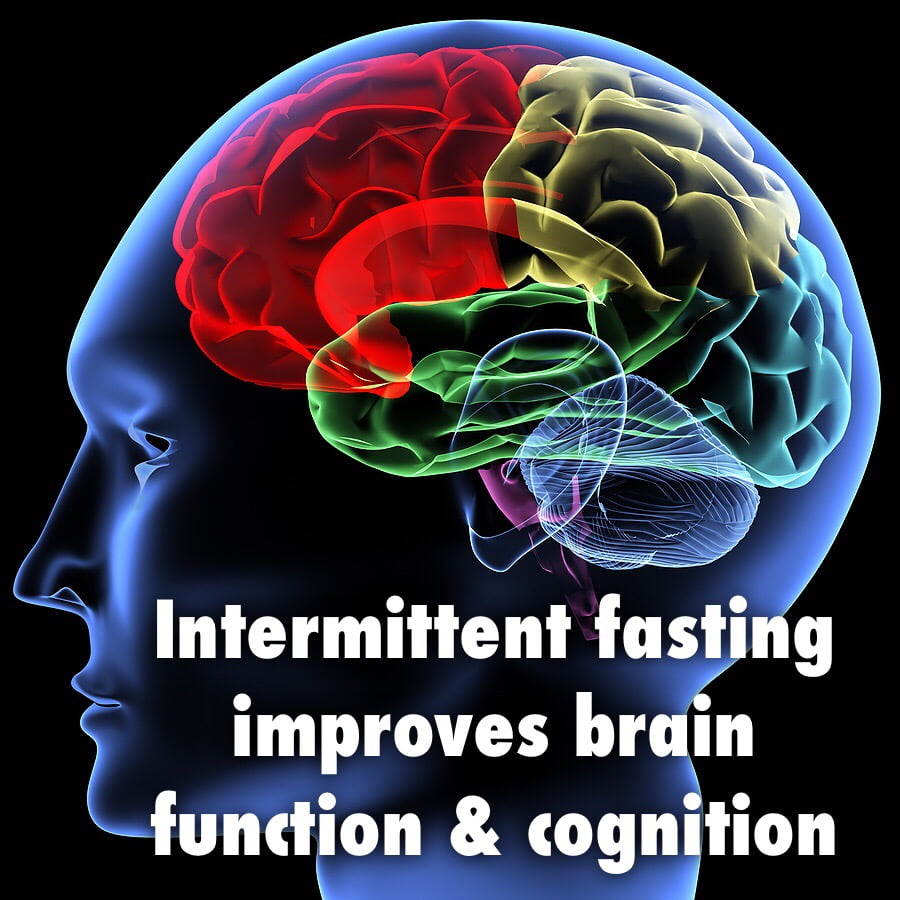Most people can safely follow the diet however, you should consult your Dietician before beginning the diet since it is not recommended for some people.
People who should not follow Intermittent Fasting:
1) People with type 2 Diabetes Mellitus :
People with diabetes should not undertake this diet. Although some evidence shows that it may correct imbalances of or insensitivity to insulin, once type 2 Diabetes Mellitus has been diagnosed fasting is not advised.
2) People with a history of eating disorders should not go on a fasting diet.
3) Children & adolescents should not go with Intermittent Fasting. Children under 18 should not go with Intermittent Fasting.
People who are well suited for Intermittent Fasting
- People who eat on an unhealthy diet
- People who are addicted to sugary foods or empty calories
- People who need a simple plan
( one who can go with normal dietary or eating patterns)
Health benefits of Intermittent Fasting
Intermittent Fasting and Heart Disease :

Reducing fat & regulating blood sugar & insulin levels are both significant steps to better heart health. But there have been studies that show IF can improve heart health & decrease the risk of coronary artery disease in other ways as well. One such study was conducted by Dr. Benjamin Horne. In 2012, a study published in the American Journal of Cardiology found that periodic fasting may decrease the risk of both type 2 Diabetes & coronary artery disease ( Horne at.al.2012). These results are promising for those looking to reduce the risk of disease through IF.
Intermittent Fasting and Brain Health :

Mark Mattson of the National Institute on Aging has done a great deal of research on IF. His findings suggest that intermittent fasting boosts the production of brain-derived neurotrophic factor ( BDNF), which is a protein that stimulates brain cells from neurological degenerative disorders such as Alzheimer’s and Parkinson’s disease. Everyone wants to be attractive, to feel fit, and to be more confident in their skin. However, the possible long term & very significant health benefits could be considered the primary appeal of the diet.

In 2005, a study conducted in Denmark, & healthy men were put on a program of alternate fasting for 15 days. At the end of 15 days, the men showed a marked improvement in Insulin Sensitivity. The researchers explained that this improvement correlated with the theory of the thrifty gene, which is that in the Palaeolithic era, man frequently had to go days without eating, so our genes adapted to this feast or famine lifestyle. Especially, certain hormones, such as cortisol, stimulate fat storage to get us by in times of little food.
Other health benefits of Intermittent Fasting :

Many of the people are on IF in order to lose weight or to help maintain weight since the goal of weight loss should be considered just as important as losing fat or fitting into smaller clothes.
Studies indicate that IF can have a significant impact on longevity, cognitive function, heart disease, & blood sugar – related issues such as Insulin sensitivity & Metabolic syndrome.







